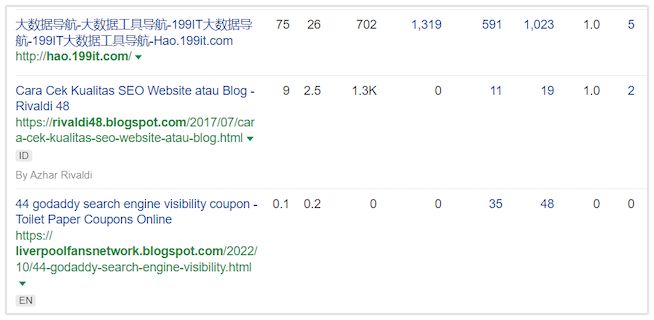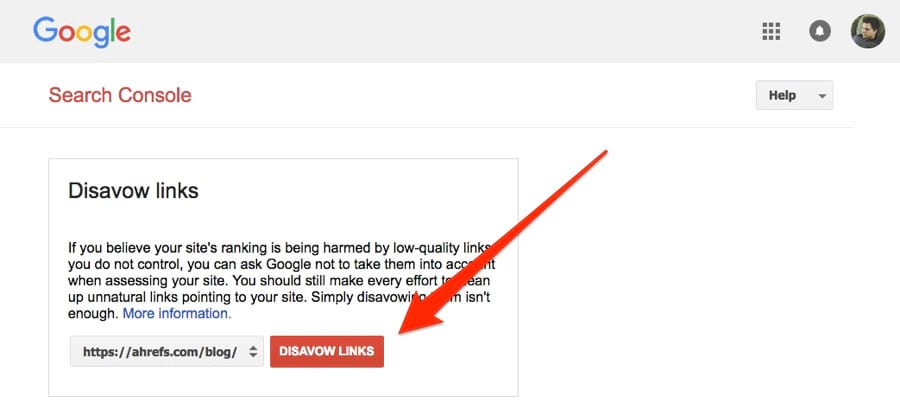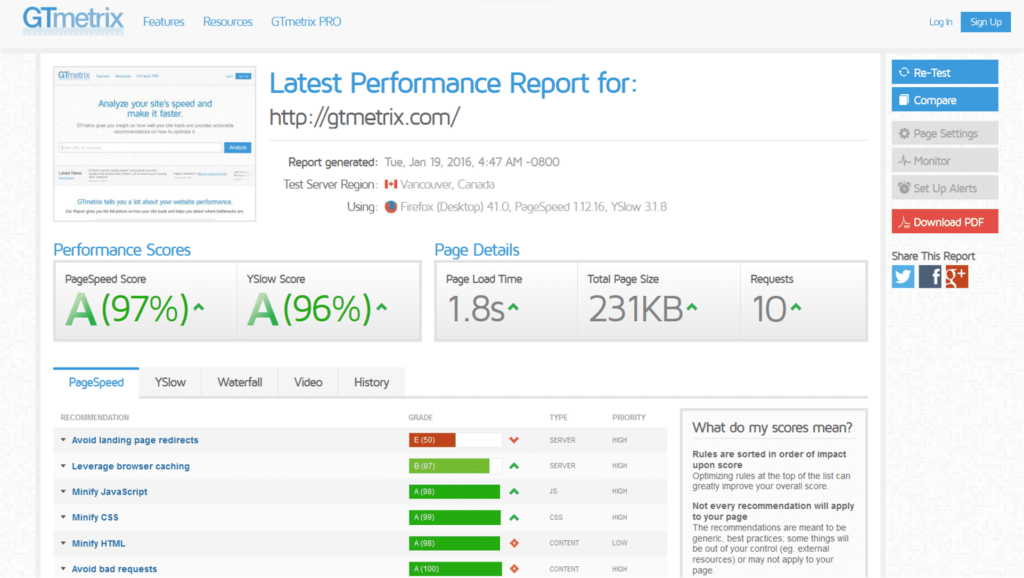Hi, Dave Fox here from Starscape SEO. When we think of SEO (Search Engine Optimization), we usually focus on strategies to improve rankings, drive traffic, and enhance visibility on search engines.
But there’s a dark side: Negative SEO campaigns.
These are deliberate attempts to harm a website’s ranking through unethical tactics.
Understanding what a negative SEO campaign is and how to prevent it is essential for protecting your online presence.
Table of Contents
ToggleWhat is a Negative SEO Campaign?

A negative SEO campaign refers to malicious actions aimed at damaging your website’s ranking in search engine results.
These tactics often involve exploiting weaknesses in search engine algorithms to create issues that lead to penalties or a drop in rankings.
Common Negative SEO Tactics
Spammy Backlink Bombardment:
This involves flooding your site with thousands of low-quality, irrelevant, or spammy backlinks. Search engines see this as an attempt to manipulate rankings, which can result in a penalty.

Content Scraping:
Malicious actors may copy content from your website and distribute it across other sites. If search engines detect duplicate content across the web, it can harm your site’s ranking, especially if the scraped versions are indexed first.
Fake Negative Reviews:
Competitors or malicious individuals can post fake, negative reviews on platforms like Google My Business or Yelp, damaging your brand’s reputation and credibility.
Hacking and Malware Injection:
A more severe tactic involves hacking into your website and placing harmful code, such as malware or spammy content, which can lead to security warnings in search engines and cause your site to be delisted.

Manipulating Click-Through Rates (CTR):
Bots may be used to click on your site from search results and then immediately “bounce” back. This high bounce rate can signal to search engines that your site offers a poor user experience, leading to a drop in rankings.
De-indexing Requests:
In extreme cases, someone may impersonate the website owner and submit a request to search engines to de-index your site, which could result in temporary loss of visibility.
How to Prevent a Negative SEO Campaign
Monitor Backlinks Regularly:
Keeping an eye on your backlink profile is crucial. Use tools like Google Search Console, Ahrefs, or SEMrush to track new links. If you notice an influx of spammy links, use Google’s Disavow Tool to signal that these should not be counted against you.

Set Up Google Alerts for Your Brand:
Google Alerts can notify you whenever your brand name or content appears online. This helps you stay aware of potential content scraping or mentions that might harm your reputation.
Strengthen Website Security:
Implement strong security measures like SSL certificates, firewalls, and regular software updates to prevent hacking attempts. Tools like Sucuri or Wordfence can provide continuous monitoring for suspicious activity on your site.
Monitor Site Speed and Uptime:
Negative SEO attacks sometimes involve slowing down your site through excessive requests or DDoS attacks. Use services like Cloudflare to protect against these types of threats and ensure your site stays fast and functional.

Track Keyword Rankings:
Regularly track your keyword rankings to spot sudden drops, which could indicate a negative SEO campaign. Tools like SERPWatcher or Moz Pro can help you monitor keyword fluctuations.
Keep an Eye on Duplicate Content:
Use tools like Copyscape or Siteliner to check if your content is being scraped and published elsewhere. If you find copies, submit a DMCA takedown request to remove them.
Maintain a Strong Online Reputation:
Consistently respond to reviews, especially negative ones, to counter fake reviews and maintain a positive image. Google My Business and Yelp have mechanisms to flag suspicious reviews, so use these if necessary.
Set Up Alerts for Security Breaches:
Ensure that you’re notified immediately if there’s any unusual activity, such as attempts to log into your site or changes to core files. WP Security Audit Log or similar tools can provide real-time alerts for any changes to your site.
What to Do If You’re Targeted

If you believe you’re a victim of a negative SEO campaign, quick action is critical:
Disavow Toxic Backlinks
Use Google’s Disavow Tool to reject harmful backlinks.
Submit a Reconsideration Request
If your site has been penalized, submit a reconsideration request to Google, explaining the situation and the steps you’ve taken to fix the issue.
Contact Review Platforms
If fake reviews are damaging your business, report them to the review platform and provide evidence to support your claim.
Conclusion
Negative SEO campaigns can be harmful, but with vigilance and preventive measures, you can safeguard your site from malicious attacks.
Regular monitoring, strong security, and quick responses to suspicious activities will help you maintain your rankings and protect your reputation.
At the end of the day, staying one step ahead of bad actors is your best defense.

Call or Text Starscape SEO: (519) 208-8680


